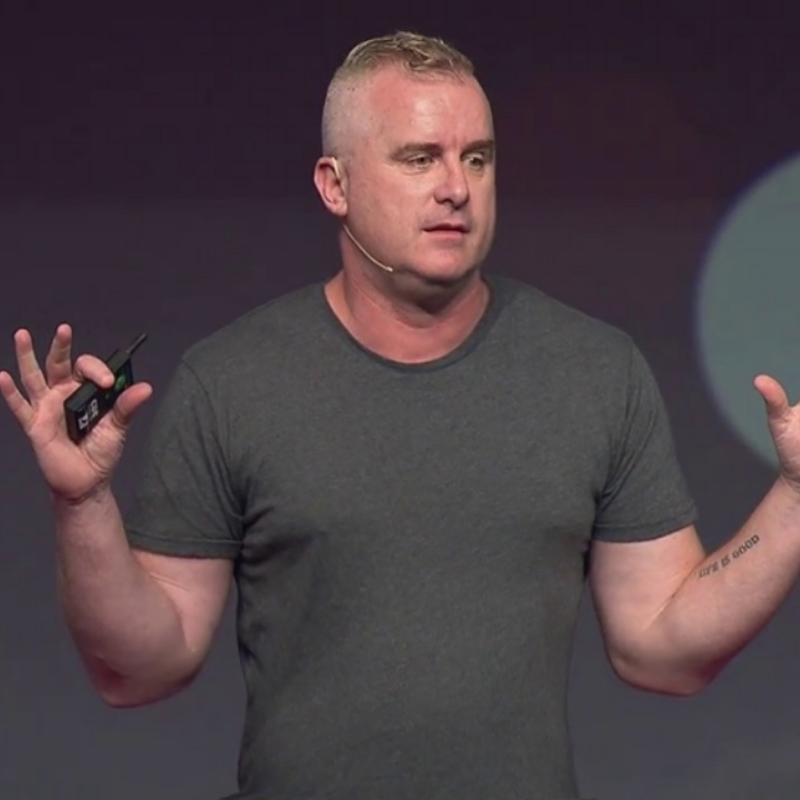We all experience difficult emotions from time to time, such as anger, sadness, and frustration.
These emotions can be challenging to manage and can have a negative impact on our mental and physical wellbeing if left unaddressed.
However, learning healthy ways to deal with these emotions can help us cope better and improve our overall quality of life.
Here are some tips on how to deal with difficult emotions:
Recognise and acknowledge your emotions
The first step in dealing with difficult emotions is to recognise and acknowledge them.
It can be tempting to push these emotions aside or pretend they don’t exist, but this only leads to more problems in the long run.
Instead, try to identify and label the emotion you’re feeling – whether it’s anger, sadness, frustration, or something else entirely.
By acknowledging and accepting your emotions, you can being to work through them in a healthy way.
Practice self-care
Self-care is essential when dealing with difficult emotions.
It’s important to take care of your physical and emotional needs, such as getting enough sleep, eating healthy foods, and engaging in regular exercise.
Additionally, engaging in activities that bring you joy and relaxation, such as reading, listening to music, or spending time in nature, can help alleviate stress and improve your mood.
Communicate your feelings
One of the most effective ways to deal with difficult emotions is to communicate them to others.
Sharing your thoughts and feelings with a trusted friend, family member, or therapist can help you gain perspective and find solutions to your problems.
Additionally, expressing your emotions in a creative way, such as through writing or art, can help you process and release them.
Practice mindfulness
Mindfulness is a technique that involves being present and aware of your thoughts, feelings, and surroundings without judgement.
Practicing mindfulness can help you become more aware of your emotions and how they are affecting you, which in turn can help you regulate them more effectively.
Try practicing mindfulness through meditation, deep breathing exercises, or simply taking a few minutes each day to focus on your senses and surroundings.
Develop healthy coping strategies
When dealing with difficult emotions, it’s important to have healthy coping strategies in place.
These strategies can help you manage your emotions in a healthy way, rather than turning to unhealthy behaviours like substance abuse or over-eating.
Some healthy coping strategies include exercising, journaling, listening to music, practicing relaxation techniques, or engaging in a hobby you enjoy.
Seek professional help
If you find that your difficult emotions are persistent or interfering with your daily life, it may be time to seek professional help.
A therapist or mental health professional, like me, can provide you with personalised guidance and support for dealing with your emotions in a healthy way.
They can also help you identify any underlying issues that may be contributing to your difficult emotions and work with you to develop a treatment plan.
Dealing with difficult emotions can be challenging, but it’s important to remember that you’re not alone.
By acknowledging your emotions, practicing self-care, communicating your feelings, practicing mindfulness, developing healthy coping strategies, and seeking professional help when necessary, you can learn to manage your difficult emotions in a healthy and effective way.
Remember, it’s OK to feel difficult emotions – what’s important is how you choose to deal with them.









